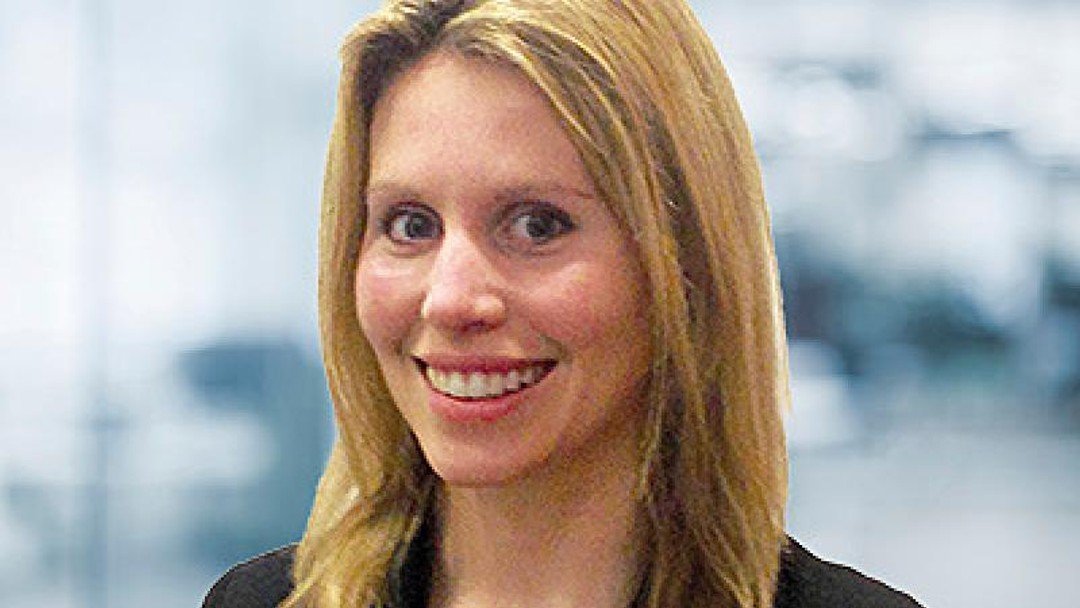Considerations when changing experts

By
Following Allen Tod Architecture, there is a risk that all privileged documents in which the first expert provides their opinion are potentially disclosable, explains Eleanor Kilner
The decision in Allen
Tod Architecture Ltd v Capita Property and Infrastructure Ltd [2016] EWHC 2171 (TCC) highlights the importance of selecting
the right expert early on, considering Civil Procedure Rules 35.4 and directions orders carefully if a change of expert
is required by either party,
and bearing in mind that all communications of views by
a first expert can be disclosed.
The case concerned a claim in professional negligence against the defendant, a structural engineer, by the claimant, an architect who was engaged by Barnsley Metropolitan Borough Council in a project to renovate Barnsley Civic Hall. The project hit serious problems when weaknesses in the walls and foundations were encountered and the project was delayed.
Barnsley MBC commenced arbitration proceedings against the claimant, which were settled. The claimant simultaneously sought to recover the settlement sum and brought proceedings against the defendant. The claimant instructed an expert (expert A). However, over the course of his instruction, the solicitors lost confidence in expert A and no report was ever served. Finally, the claimant instructed a new expert (expert B) before the pre-trial review.
The directions order provided that the parties had permission
to adduce expert evidence by reference to discipline, rather than by reference to named experts. However, the directions also provided that a party seeking to call expert evidence orally at trial had to make an application for permission to do so before pre-trial checklists were filed.
In that context, it became common ground that the claimant did not need permission to change its expert (see Vasiliou v Hajigeorgiou [2005] EWCA Civ 236). However, as an incident
of granting permission to call
a replacement expert to give evidence orally at trial, the
court had the power to impose conditions upon such permission.
It was the defendant's submission that such permission should be conditional upon disclosure of the letters of instruction to its first and
second experts (subsequently provided voluntarily) and, controversially, disclosure of
any report, document, note,
or correspondence in which
expert A provided his views.
His Honour Judge Grant considered various authorities and distilled the principles therein. His starting point was that CPR 3.1(3)(a) gives the court express power to make an order subject to conditions, while
CPR 35.4 expressly requires
the court's permission to
'call or put in evidence an expert's report'.Expert shopping
The court considered various cases, including Vasiliou and Beck v Ministry of Defence [2003] EWCA 1043, in the context of CPR 35. The construction of the order for directions was crucial as to whether it actually required a party to obtain permission to rely on the evidence of a second expert. In Vasiliou, it did not.
This is an important point for solicitors to consider when agreeing orders for directions and considering whether permission is required.
However, following the principle in Beck, in the event
that permission was required, the court had the power to provide permission on the basis that the first expert's report was disclosed. The court in Vasiliou considered that this was an important way in which the court could control the conduct of litigation, for example to prevent expert shopping.
However, the court here considered that its power
to impose conditions on a
party's change of expert arose irrespective of the occurrence
of any expert shopping. It was a power to be exercised reasonably on a case-by-case basis, having regard to all the circumstances
of a particular case.
The judge found that this
was either not a case of expert shopping, or if it was, then only 'to a faint degree'. He gave the claimant permission to call expert B to give oral evidence at trial but only on the condition that the claimant disclosed all documents in which expert A had provided his views on the case prior to the mediation between the parties.
This shows that even in cases where there is no apparent expert shopping, there is a
real danger that all privileged documents in which the first expert provides their opinion
are potentially disclosable.Key points
Ensure that a suitable
expert is selected early on;Consider the wording of expert directions in the context of CPR 35 carefully before agreement, when instructing experts, and
in considering whether permission is required; andBear in mind that any privileged documents produced by experts must be treated as potentially disclosable, even in the complete absence of
expert shopping.
Eleanor Kilner is a solicitor in the professional risk team at Weightmans @Weightmans www.weightmans.com